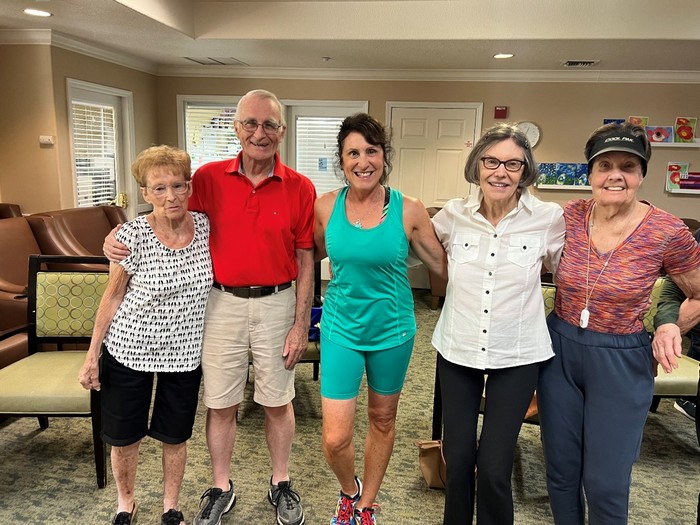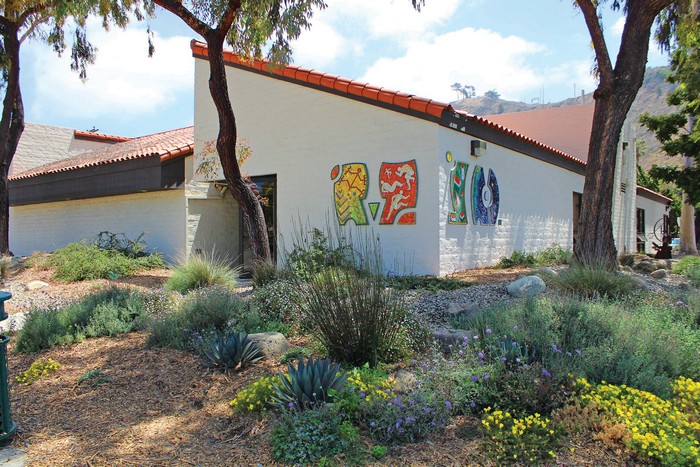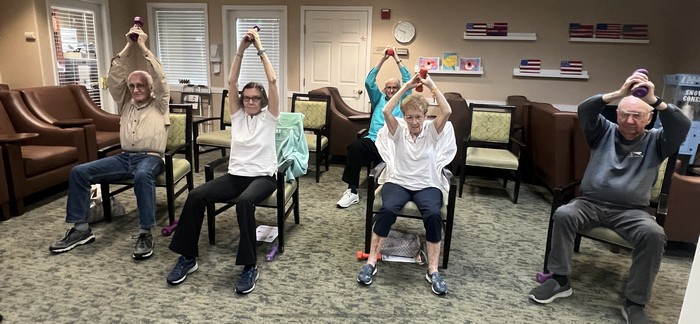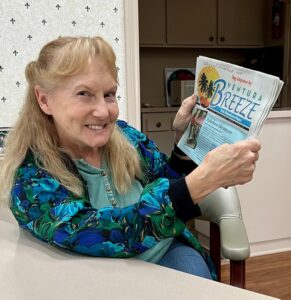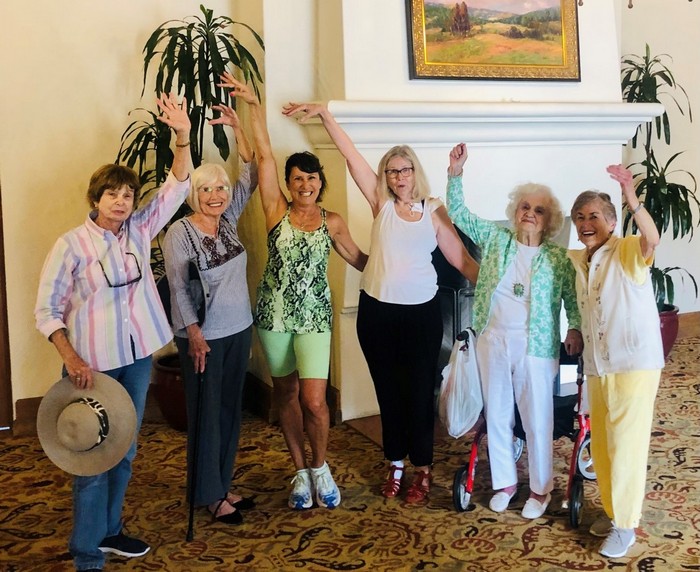by Dr. Thomas Duncan, DO, FACS, FICS. This article first appeared in LIVEWell
Falls are still the leading cause of injury deaths among people over the age of 60, and the most common reason for hospital admissions, doctor visits, and emergency room visits. Despite our best efforts, up to 33 percent of adults over the age of 60, and 50 percent of adults over the age of 80, will fall each year. Hip fractures remain the most common injury associated with falls. More than 40 percent of seniors recovering from hip fractures are unable to return to their homes due to complications.
The cause of falls can vary greatly, including inappropriate footwear, clutter, taking multiple and duplicate medications, weak strength in the legs, declining vision, chronic health problems, and occasionally small pets. The COVID-19 pandemic caused another layer of complexity to our seniors’ lives by their needing to negotiate safety guidelines while trying to avoid a life-altering fall.
We live in a county that has many seniors. By 2030, approximately 30 percent of Ventura County’s citizens are expected to be 60 years of age or older. Ventura County’s Elderly Fall Prevention Coalition (EFPC) was originally founded in 2013 after recognizing the life-changing effects of falls suffered by our elders. The coalition was established by a multidisciplinary group overseen by the Ventura County Medical Center (VCMC) trauma department. The goal of the coalition is to reduce primary falls that have been recognized as being largely preventable.
The cost of caring for each fall ranges from $37,000 to $60,000. This figure is calculated based on the severity of injury and level of care provided. In 2013, the total cost of fall-related injuries in the U.S. was more than $36 billion. That figure rose to $60 billion in 2020. The average cost of annual healthcare dollars in California for non-fatal falls is $2.4 billion. It is remarkable that an elder dies from a fall every 29 minutes, while similar-aged elders are treated in an emergency room for a fall-related reason every 14 seconds. Local data demonstrates that most falls – 68 percent – occur in elders’ primary residences. As such, our efforts are directed toward their homes.
It is our goal to raise awareness of the dangers of falls by holding multiple presentations at the local and national level. The total number of forums held year-to-date is 16, with the last three conducted virtually.
To raise awareness in the field, the coalition created the Elderly Fall Prevention Program (EFPP) in 2014, which involved EMS championing fall prevention awareness efforts at the point of contact. This pilot program was started in west Ventura County. At the scene of injury, EMS providers determine whether the individual’s call is truly due to a fall when responding to a 911 call. A quick home assessment and mitigation is conducted, including recommendations for improving hallway and room lighting, clearing hallway clutter, affixing rugs, and/or advocating for a medication check by their primary care provider.
We truly appreciate the Ventura County Board of Supervisors’ commitment to preventing elderly falls. Such devotion is shown by a yearly proclamation awarded to the EFPC since 2013. The coalition received an award from the National Association of Area Agencies on Aging in 2015 for ‘a successful program that improves lives of older adults and caregivers.’
The coalition continues to gain ground in the county but appreciates any funding sources that will enable it to maintain sustainability. It is very thankful for the cohesive voluntary efforts of all organizations involved and will not be successful without the multidisciplinary collaboration.
For further information on the fall prevention coalition and program, please visit www.vcaaa.org or call (805) 477-7343.
Note: Dr. Thomas Duncan is the chair of the Elderly Fall Prevention Coalition of Ventura County and Trauma Medical Director at the Ventura County Medical Center
